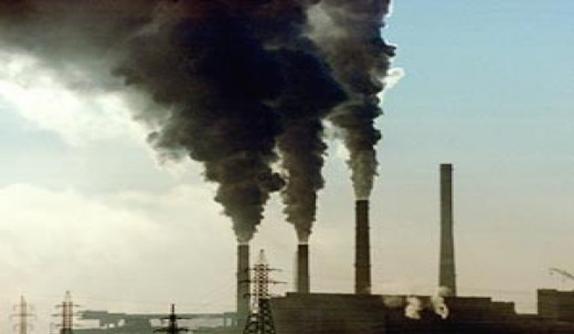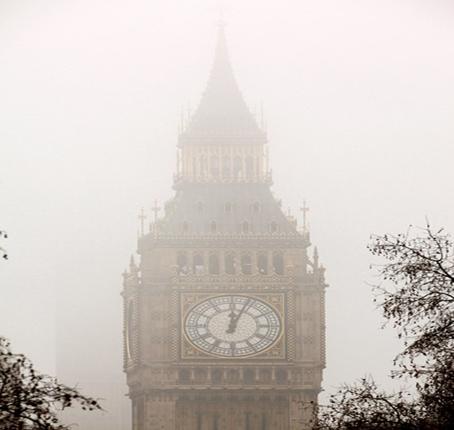TEXT3. AIR POLLUTION
Pollution is any chemical, physical or biological change in the environment that adversely affects living organisms. Pollution impacts air and water worldwide.
People have been polluting the air since ancient times. Analysis of lake sediments in Sweden and peat deposits in England reveal local air pollution during the Roman Empire from 500 B.C. to A.D. 300. At that time lead mining and metal smelting were as common as during the Industrial Revolution, a period previously credited with introducing air pollution. Analysis of Greenland ice reveals that the smelters of the Roman Empire polluted the air with lead on a global scale.
Air contains many gases, but two important ones are oxygen and carbon dioxide (C02). Plants take air into their leaves. They use the carbon in the carbon dioxide for food – the oxygen goes back into the air. Animals (and of course people) use the oxygen and breathe out carbon dioxide. So plants and animals help each other to live and grow.

Burning uses oxygen and produces carbon dioxide. Long ago people learned to make fires to cook their food and to keep themselves warm. This did not produce enough carbon dioxide to hurt anybody. Later people built factories which burned coal or oil. New towns grew up around the factories with shops, schools and houses for the workers. Everybody burned coal. The fires did not burn cleanly; they produced a lot of smoke and soot. If you stood on a hill and looked down at a town like this, you saw hundreds of chimneys with dirty grey smoke coming out. The soot from the smoke blackened the buildings in the towns and many trees died. The sooty air made people cough. Every winter many old people and children died from breathing problems. Every year there were terrible fogs. A writer from Manchester, where the air was badly polluted, wrote, 'Every morning I wake up and hear the birds – coughing!'
December 5, 1952, stands out as a more recent time when we became particularly aware of air pollution. On this day a temperature inversion occurred over London. A high-level layer of warm air blanketed the city, trapping cold air at ground level and preventing the particulates and gases from burning coal and other fossil fuels from dispersing upward. Sulfur dioxide (S02), which reacts in fog to form sulfuric acid, was the main pollutant. This "London fog" sent hundreds of people to hospitals with respiratory symptoms and the death rate soared. London-type air pollution, also called industrial smog, occurs in urban and industrial regions where power plants, industries and households burn sulfur-rich coal and oil.
Another form of air pollution is photochemical smog which results from vehicle emissions and the chemical reactions they undergo in the presence of light. Photochemical smog forms in warm, sunny areas where automobile use is heavy. The ultraviolet radiation in sunlight causes nitrogen oxides and incompletely burned hydrocarbons to react to form ozone (03) and other oxidants. These compounds poison plants and cause severe respiratory problems in some animals including humans.

Then, in the 1950s, new Clean Air laws in Britain said that people must not burn wood or ordinary, 'dirty' coal in their houses, but special, 'clean' coal. And factories must have tall chimneys to send the smoke, gases and soot up into the sky and away from the town. Soon the air in the towns was safer to breathe. People cleaned the soot off their buildings – and they stayed clean.
Ex.1. Answer the following questions:
- How can we define the term “pollution”?
- People began to pollute the air only in the 20th century, didn’t they?
- What two important gases does air consist of?
- Do plants, animals and people use air in the same way?
- What are the advantages and disadvantages of the fire?
- When did people become particularly aware of air pollution? Why?
- What kinds of smog do you know? Describe them.
- What did the Clean Air laws in Britain make people do and not do? What was the result?
Ex.2. Give Russian equivalents for the following:
Adversely affects; worldwide; lake sediments; lead mining; metal smelting; peat deposits; carbon dioxide; soot; chimney; to blacken the buildings; to make people cough; a high-level layer of warm air; to trap cold air; the death rates soared; industrial smog; urban regions; sulfur-rich coal; photochemical smog; vehicle emissions; compounds; to poison plants; to cause problems.